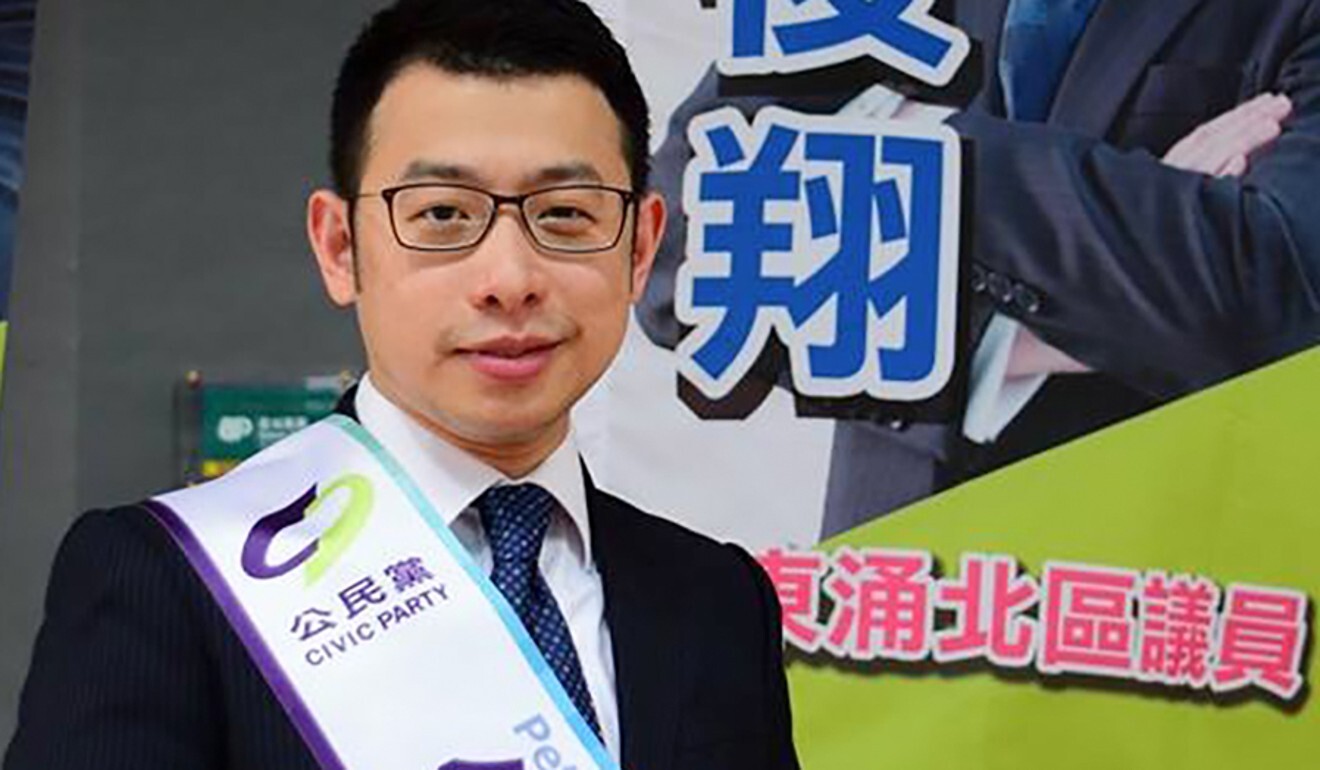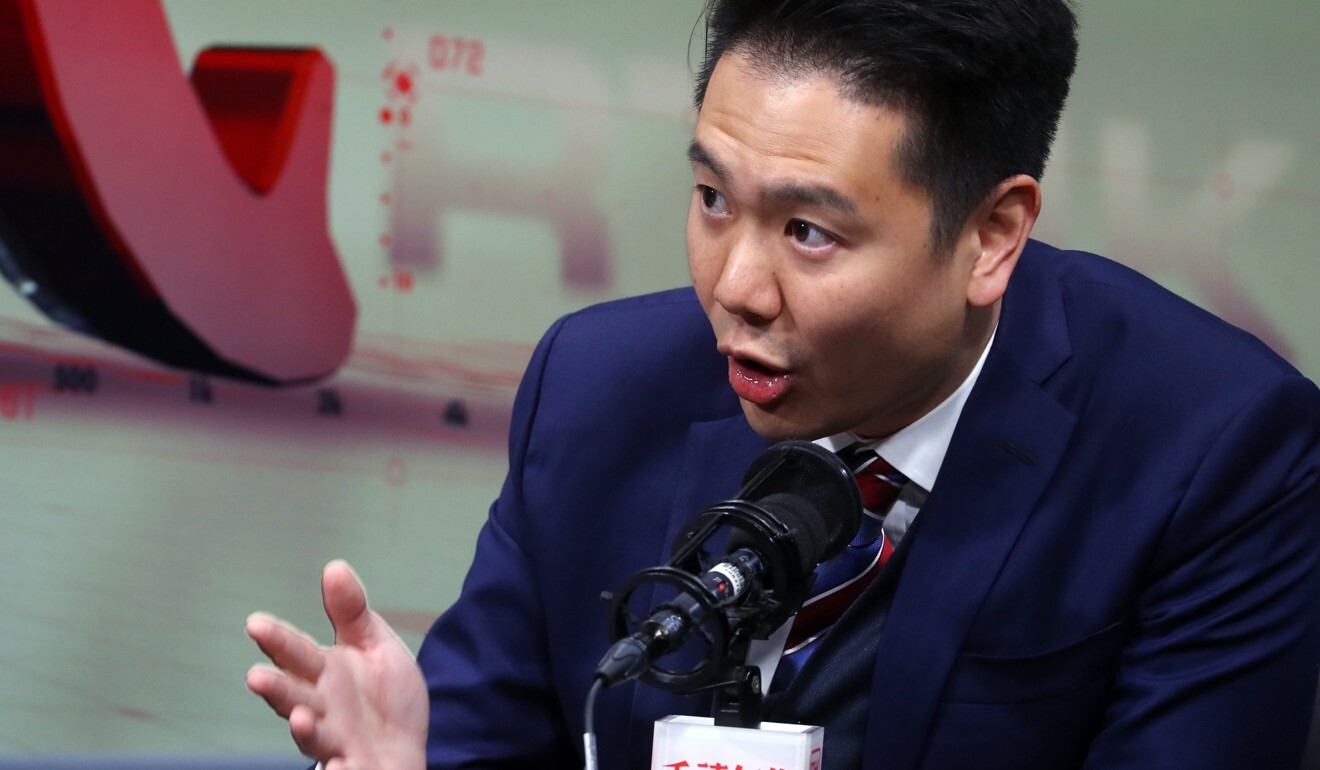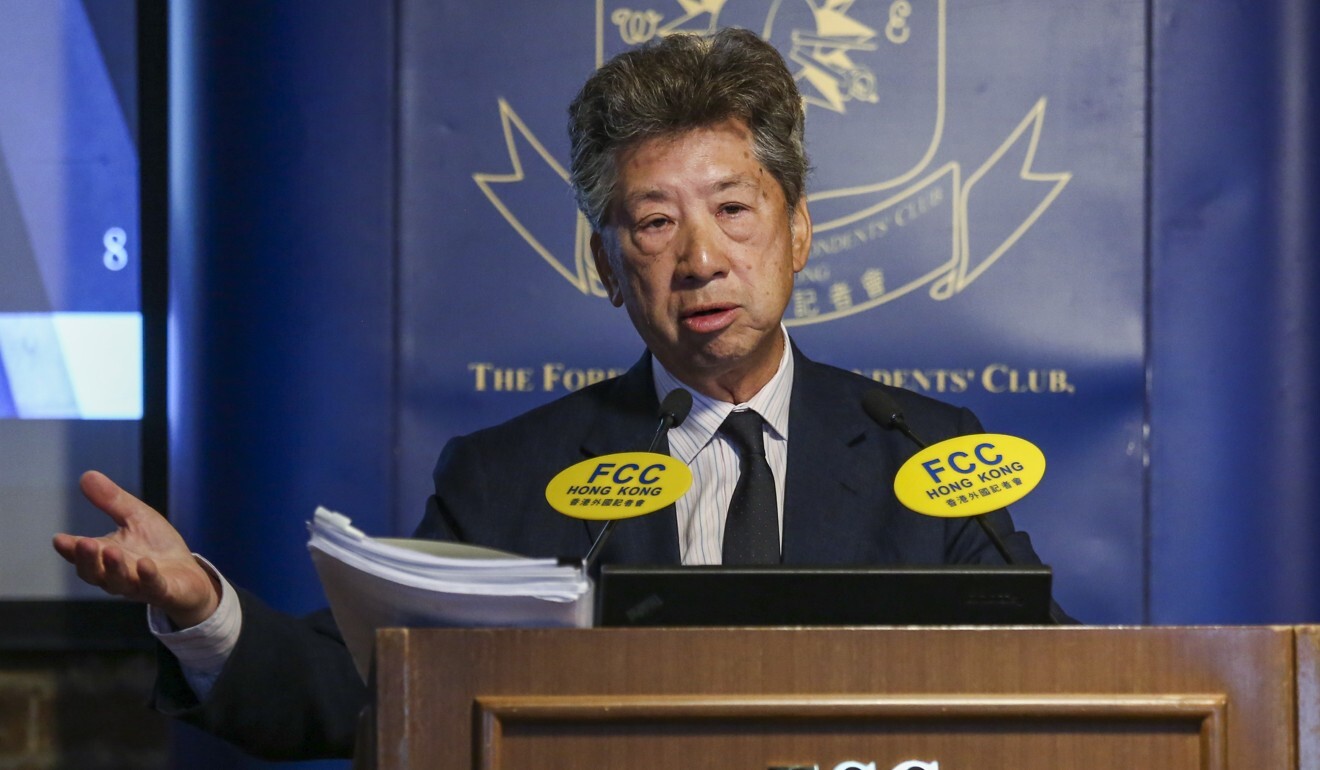
Hong Kong courts set to reopen after coronavirus adjournments – but are not immune from political division
- After more than three months of adjourned proceedings, judiciary looks to work through backlog of cases
- But judges’ political leanings – real or imagined – are under fresh scrutiny
After two weeks of dwindling Covid-19 infection numbers, normal service will be resumed at Hong Kong’s courts from Monday.
But the city’s judicial system is creaking under the weight of a huge backlog of cases built up over more than three months of adjourned proceedings, along with the political strain arising from cases relating to the violent social unrest that erupted last year.
The appointment two weeks ago of a former Civic Party member as a permanent magistrate triggered another controversy. And analysts said more political storms could engulf the judiciary, which is not immune from the city’s increasingly polarised political atmosphere.
On April 17, the judiciary announced the appointment of nine permanent magistrates, including Peter Yu Chun-cheung. All the appointments, which took effect three days later, were made by Chief Executive Carrie Lam Cheng Yuet-ngor on the recommendation of the Judicial Officers Recommendation Commission.

The nine-member committee, which routinely puts names forward for such positions, includes judges, academics, the secretary for justice and the Bar Association chief.
Yu, 36, was a member of the opposition Civic Party and won a seat on Islands District Council in a 2014 by-election. He lost his seat the following year.
A day after his latest appointment, the judiciary made clear that Yu had quit the Civic Party, and that all judges and magistrates must comply with the guide to judicial conduct which states they should refrain from membership in, or association with, political organisations.
But Holden Chow Ho-ding, a legislator from the pro-government Democratic Alliance for the Betterment and Progress of Hong Kong, took issue with Yu’s having run as a Civic Party candidate.
2 new infections end Hong Kong’s 5-day break as ‘more imported cases expected’
“The Civic Party is sympathetic with protesters taking part in violent anti-government protests,” Chow said. “Yu should refrain from handling cases relating to social unrest, to avoid the public perception that he would have any bias.”
More than 7,600 people have been arrested during unrest since June, which was triggered by an extradition bill – since withdrawn by the government – that would have allowed the transfer of fugitives to mainland China and other jurisdictions with which Hong Kong lacks a formal agreement. More than 1,200 of those arrested have been prosecuted.
An online petition was launched early this week opposing Yu’s appointment. The petition questions Yu’s impartiality in adjudicating cases, given his political background, saying his appointment would undermine the credibility of Hong Kong’s judicial system.

“We call on the judiciary to retract its decision to appoint Yu as magistrate so as to defend the credibility of Hong Kong’s judicial system,” read the petition, the creator of which was unknown.
A senior legal source noted that it had been five years since Yu ran in the district council election. “I believe that the Judicial Officers Recommendation Commission considered his previous participation in activities relating to the Civic Party would not compromise the neutrality of the judiciary,” the source said.
Ronny Tong Ka-wah, a former chairman of the Hong Kong Bar Association and a former member of the Civic Party, said he respected the judiciary’s decision but believed that judges should not have a strong political stance.

“Yu running in an election as a Civic Party candidate means he publicly advocated the party’s beliefs. It would spark a public outcry if I was appointed a judge tomorrow,” said Tong, who is now a member of the Executive Council.
The judiciary confirmed last Monday that Kwok would no longer adjudicate criminal proceedings involving protesters from the anti-government movement following remarks he made in court on April 24, when sentencing a tour guide for his rampage at a so-called Lennon Wall in Tseung Kwan O in August last year.
Kwok sentenced 51-year-old tour guide Tony Hung Chun to 45 months’ jail for stabbing a journalist and two other people in the early hours of August 20 last year with a beef knife inside a pedestrian tunnel.
With tourists absent, protest-friendly shops eye boost from ‘golden week’ campaign
Tian Feilong, an associate professor at Beihang University’s law school in Beijing, said Yu had the right to take up a judicial appointment after completing the required procedures.
“Yu would be subject to scrutiny from the media and members of the public if he hands down judgments based on his political bias,” Tian said. “He must prove himself in the years ahead.”
“Hong Kong judges are put to the test as Hong Kong society is becoming more politicised. Their rulings are prone to criticism from certain corners in the community,” the mainland academic said.
Philip Dykes, Bar Association chairman and a member of the recommendation commission, said he would not comment on the appointment of individual judges.
Help us understand what you are interested in so that we can improve SCMP and provide a better experience for you. We would like to invite you to take this five-minute survey on how you engage with SCMP and the news.

